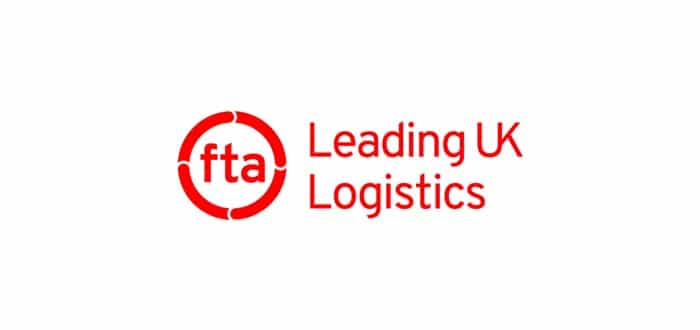After months of waiting for the publication of the government’s Migration Advisory Committee (MAC) report, the Freight Transport Association (FTA), the leading business organisation which represents the UK’s logistics industry, has reacted angrily to the findings of the long-anticipated document, published today (18 September 2018). Despite repeated warnings from the sector about the importance of lower-skilled migrants, many of whom cover vital roles which keep goods and services moving around the country and overseas, the MAC report fails to acknowledge the value these workers bring to the nation’s economy and how important their role is in ensuring that Britain can keep trading after Brexit, as FTA’s Head of Skills Sally Gilson explains:
“The MAC report totally fails to recognise, and actively diminishes, the role of lower-skilled migrants within the UK’s economy, which is hugely disappointing from a logistics point of view. The job roles covered by these workers are often based in areas of low unemployment where competition for workers is already high, so Britain’s supply chain could easily be at risk if they are forced to return to their home countries. Yes, highly skilled workers are valuable to the economy, but so too are those whose work keeps us able to operate at home and at work, 24 hours a day. Academic achievement is not the only measure for value which should be applied to the UK workforce – everyone has their role to play in keeping the country moving and solvent.
“The logistics sector, especially when you consider roles such as HGV drivers and warehouse staff, is reliant on access to non-UK workers, currently employing 43,000 HGV drivers, 113,000 warehouse workers and 22,000 van drivers from the EEA – and even more during peak times of year like Christmas. Without them, schools, shops, hospitals and retailers, as well as manufacturers and homeowners, will all find it harder to access the goods they need in order to conduct their daily lives.
“Due to the regulation of the sector, logistics businesses cannot immediately look to other non-EEA countries to help plug the skills shortages which losing these European workers will cause. And the problem is further compounded when you consider there are already more than 52,000 vacancies for HGV drivers nationwide. Losing the services of these vital EU workers after Brexit would be devastating to the nation’s ‘just in time’ economy – and next day deliveries would soon be a thing of the past.”
Critics would suggest that the logistics sector needs to be more proactive in recruitment of UK workers. But, as Ms Gilson explains, the situation is more complicated than simply placing an advertisement in a job centre:
“The logistics sector is already working hard to attract people from within the UK, using a range of tactics to engage with school and college leavers, the unemployed and those seeking a career change. But the available roles are not necessarily in the areas of the country with high unemployment rates, and for many UK workers, other jobs can seem more appealing. There is already a need for 52,000 HGV drivers nationwide, and that number would soar to an unachieveable total if the current EEA workers were to be forced home once the UK leaves the European Union.
“If the UK’s logistics sector – the lifeblood of our economy – is to continue to deliver the goods the nation needs without delays, it needs to retain the EEA workers already employed in the UK and have a means to recruit new candidates from beyond our borders. Without them our supply chain is set to break.”
The MAC report recommends changing the system by which workers are assessed on their eligibility for working status in the UK, but as Ms Gilson continues, this actively discriminates against the lower-skilled workers that the country’s employers so desperately need:
“The changes the MAC proposes to the system which determines the criteria for the Shortage Occupation List don’t go far enough. They would restrict those roles which require specialist training but do not meet the requirement for a Level 3 or above qualification. The government needs to take urgent action, to place more emphasis on the roles which are suffering skills shortages, and not just focus on qualification levels – without an honest appraisal of where the problems already exist, Britain’s trading relationships could simply grind to a halt.
“If the UK was to leave the EU without a deal, there is a real risk that those currently employed in the UK from Europe would be forced to leave, and there is no option to backfill the vacancies which this would cause in the medium to long-term. UK employers are already struggling to find those with the skills which logistics requires without these EEA workers – so why should the sector which is at the heart of every business and home in the UK be forced to suffer because their workforce is not all at degree levels of education? No one voted for a standstill – Britain’s logistics businesses want to keep Britain trading but need staff to ensure that does not happen.”
Efficient logistics is vital to keep Britain trading, directly having an impact on more than seven million people employed in the making, selling and moving of goods. With Brexit, new technology and other disruptive forces driving change in the way goods move across borders and through the supply chain, logistics has never been more important to UK plc. A champion and challenger, FTA speaks to Government with one voice on behalf of the whole sector, with members from the road, rail, sea and air industries, as well as the buyers of freight services such as retailers and manufacturers.











